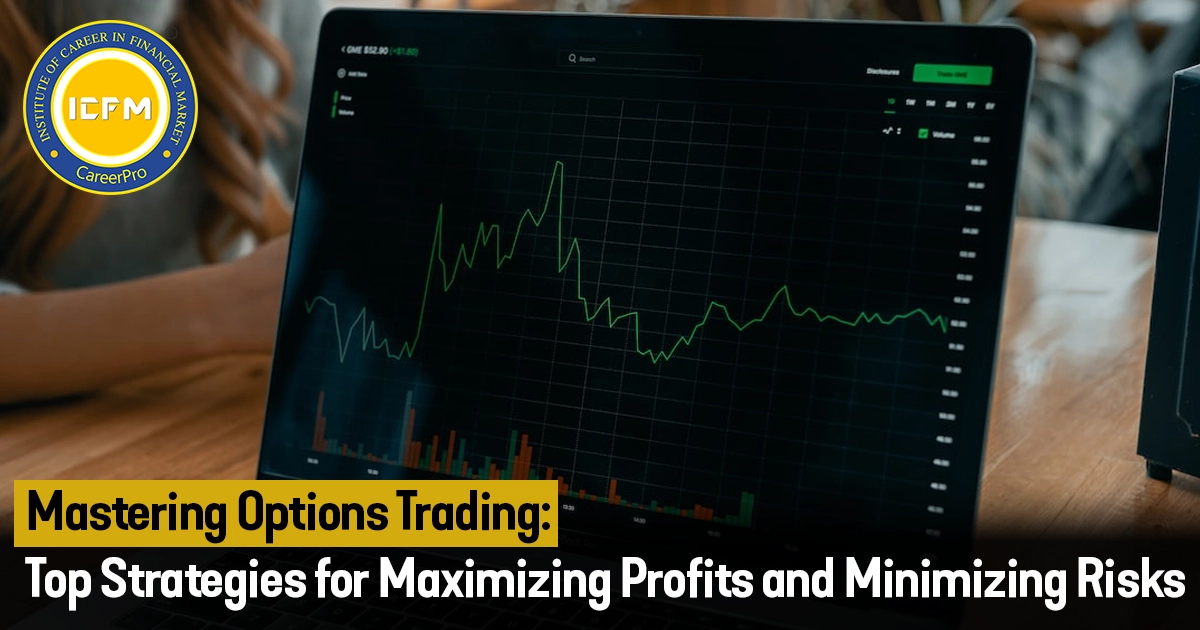Understanding the Basics
Options trading can be a very interesting and potentially rewarding venture, but it often seems intimidating because of its complexity. One of the most central concepts in options trading has to be the difference between buying and selling options. This article will break down the basics of both strategies and help you decide which one fits your goals and risk tolerance more.
What Are Options?
Options are financial contracts that give the buyer the right but not the obligation to buy or sell an underlying asset like stocks at a specific price known as the strike price on or before a certain date referred to as the expiration date. There are two main types of options: calls and puts.
Call Option: It gives the buyer the right to buy the asset at the strike price.
Put Option: Give the buyer the right to sell an asset at the strike price.
When trading options, the contracts can either be purchased or sold and each possesses different risks and rewards.
Option Buying
Option buying is getting a call or put an option. When someone purchases an option, they make a premium, or the money paid to the seller. Here are the major features:
Option Buying Benefits
1. Limited Risk: The amount of loss is limited to the premium paid for the option. No matter how far the market moves against you, your loss will be no greater than what you paid.
2. Potential for High Reward: When the market moves in your favour by a large margin, the profit can be substantial relative to the amount you initially invested.
3. Leverage: Options enable you to control a larger position with less money, which means amplifying gains.
Disadvantages of Buying Options
1. Time Decay: Options decline in value as they approach expiration. If the market doesn't move in your favour in time, the option can expire worthless.
2. Low Probability of Success: Most options will expire worthless because significant price movements don't happen often.
Selling Options
Selling an option, or writing is selling a call or put option. When one sells an option, one earns the premium up front, but with this comes the obligation to buy or sell the underlying asset if the buyer exercises their right.
Benefits of Option Selling
1. Income generation: The seller receives the premium in advance; that is income right off the bat.
2. Higher Winning Chances: Since time decay is always in favour of the sellers, and most of the options are exercised worthless, sellers will have a generally higher winning chance.
3. Flexibility: There are plenty of strategies, such as covered calls or cash-secured puts, to accommodate different market views.
Disadvantages of Selling Options
1. Unlimited Risk (in some cases): Naked call selling can cause infinite losses if the asset price surges highly. Likewise, naked put selling can cause considerable losses if the price melts away thoroughly.
2. Margin Requirements: Normally, option selling requires a margin account and sufficient capital to cover potential losses.
Key Differences Between Buying and Selling Options
-Risk:
Buying: Only that of the premium paid.
Selling: Can be unlimited (naked positions) or high.
- Reward Potential:
Buying: Unlimited for calls or very high for puts.
Selling: Only that of the premium received.
- Time Decay Impact:
Buying: Works against the buyer.
Selling: Works in favour of the seller.
- Capital Requirement:
Buying: Lower, since only the premium is required.
Selling: Higher because of margin and collateral needed.
- Probability of Profit:
Buying: Lower.
Selling: Higher.
Which Is Right for You?
Buying or selling options depends on your risk tolerance, market outlook, and trading experience:
Buy If You can accept limited losses and believe in a large price movement in a particular period.
Sell If: You want a steady income, can afford higher risk, and have enough capital to meet the margin requirements.
Conclusion
Both buying and selling options come with their set of opportunities and challenges. While buying can give substantial returns with minimal risk, selling can generate a smooth flow of income but with much more knowledge in handling risks. Before jumping into the business of options trading, one should first know the subject, and practice simulated trading, and if the need arises, consult with a financial advisor to ensure that your strategies do not deviate from your total financial goals.









